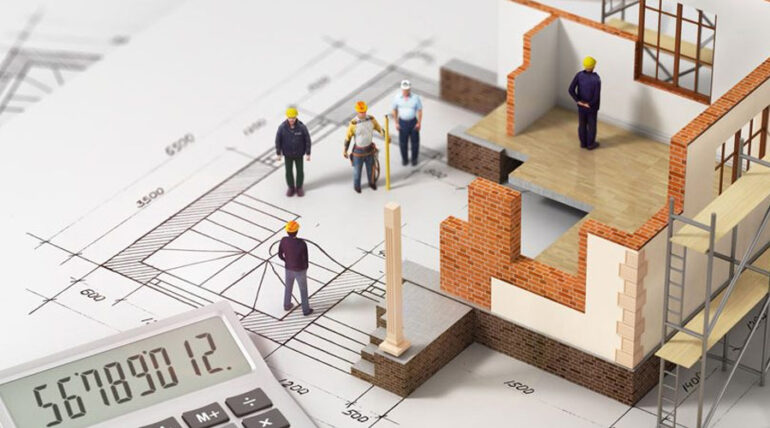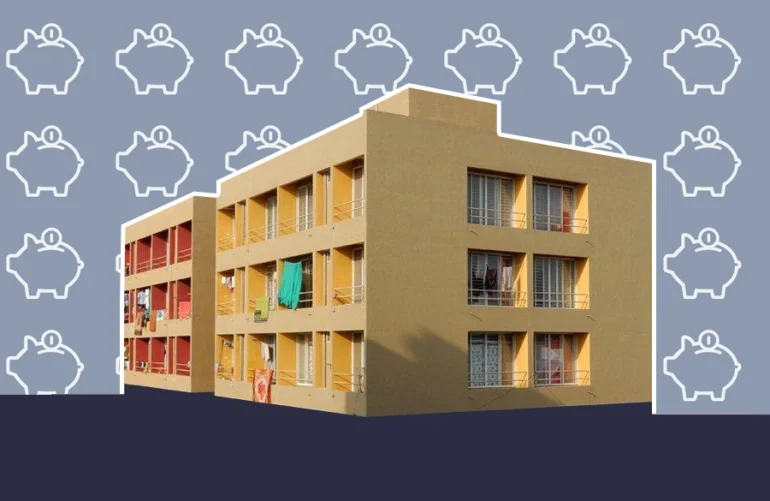As the population of India continues to grow rapidly, the demand for affordable housing has become more urgent than ever. The real estate market in India can be daunting to navigate, but with a little research and some careful planning, you can find your dream home without breaking the bank.
Location
– One of the first things to consider when searching for affordable housing in India is location. Real estate prices can vary significantly depending on the city or region you are looking at. While larger cities like Mumbai and Delhi may have more job opportunities, they also tend to have higher living costs. Smaller cities and rural areas, on the other hand, may offer more affordable housing options.
Type of property

– Another factor to consider is the type of property you are interested in. Real estate India encompasses a wide range of options, from apartments and flats to villas and bungalows. While apartments and flats tend to be the most affordable, they may also come with additional maintenance fees or shared amenities. Villas and bungalows, on the other hand, offer more privacy and space but can come with a higher price tag.
Once you have narrowed down your location and property type preferences, it is time to start your search.
– One of the best ways to find affordable housing in India is through online real estate portals. These websites allow you to search for properties by location, price range, and other criteria.
– Another option is to work with a real estate agent. A good agent can help you navigate the complexities of the real estate market and may have access to listings that are not available online. However, it is important to find an agent who is knowledgeable about the area you are interested in and who has your best interests at heart.
When you begin to view potential properties, it is important to keep a few things in mind. First, make sure to inspect the property thoroughly. Look for any signs of damage or wear and tear, and ask about any recent repairs or renovations. Second, consider the neighborhood. Is it safe and convenient? Are there good schools and shopping areas nearby? Finally, think about the long-term investment potential of the property. Will it hold its value over time?
– If you find a property that you are interested in, it is important to negotiate the price. In many cases, the asking price is just a starting point, and sellers may be willing to accept a lower offer. Be prepared to make a counteroffer and to back it up with research on comparable properties in the area.
– Another way to save money on your real estate purchase is to take advantage of government schemes and incentives. For example, the Indian government offers a number of subsidies and tax breaks for first-time homebuyers. In addition, some states offer additional incentives for buyers who purchase homes in certain areas or who meet other eligibility criteria.
Budget

– Finally, it is important to be realistic about your budget and to avoid overextending yourself financially. While it can be tempting to stretch your budget in order to purchase your dream home, it is important to remember that owning a home comes with additional expenses beyond the purchase price. Make sure to factor in maintenance and repair costs, property taxes, and other expenses when determining what you can afford.
Conclusion

In conclusion, finding affordable housing in India can be a challenge, but it is not impossible. By carefully considering your location and property type preferences, utilizing online real estate portals and working with a trusted agent, inspecting potential properties thoroughly, negotiating the price, taking advantage of government schemes and incentives, and being realistic about your budget, you can find your dream home without breaking the bank. Remember, purchasing a home is a long-term investment, so take the time to do your research and make an informed decision.






